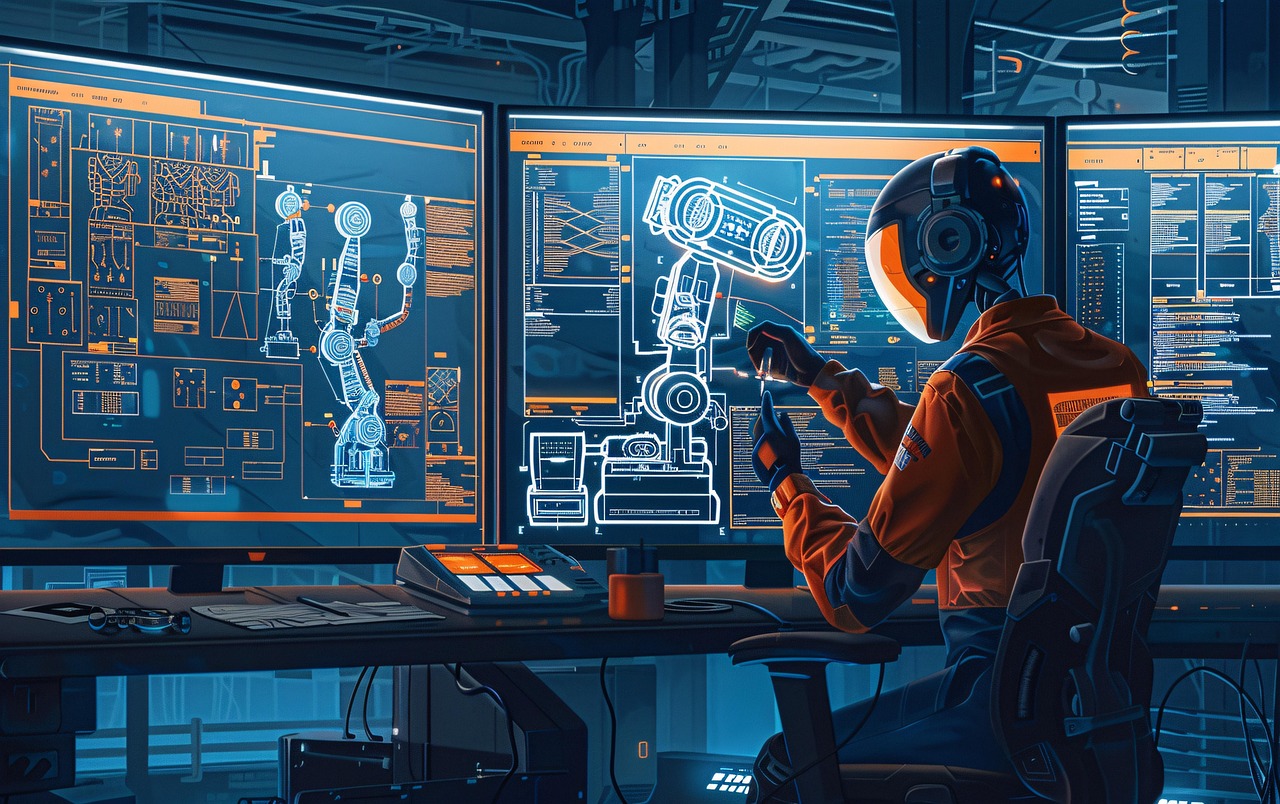The old way of doing things in the tech world is just that—old. Traditional tech systems aren’t aging gracefully and are beginning to buckle under the pressure of the newer ways.
What’s pushing them toward obsoletion? Three things: AI, blockchain, and quantum computing. The things that used to run the tech side are no longer up to the job because they have to handle more data, more complicated tasks, and there’s more unpredictability than was before. The triple threat of artificial intelligence, blockchain, and quantum computing is changing how tech infrastructure works, and it’s not exactly subtle.
If they were rolled out one at a time, it wouldn’t be so foreboding. But all together? It’s forcing legacy systems to adapt or get out of the way. And the companies that still rely on outdated architecture are feeling the heat.
AI: Always Improving
Artificial intelligence isn’t new, but the way it’s being used in almost every sector is. Before, it was limited to automating the most boring tasks, but now? It’s writing entire websites in minutes, helping to diagnose patients, and designing software. You name it, and AI can probably handle it.
AI is useful. It’s quick. It never needs a break. But AI needs a ton of power to function, like massive amounts of data, rapid processing, and continual learning. The legacy systems and their siloed databases simply aren’t designed for any of that.
The chasm between what AI needs and what traditional tech is able to deliver is already costing companies a lot of time and money. Price Waterhouse Cooper (PwC) estimates that AI could boost the global economy by more than $15 trillion by 2030. That big of an impact won’t happen on tech that is still running overnight batch jobs.
Blockchain: No Middlemen Required
Blockchain is no longer just for crypto; it has settled into reputable territory. It’s being used to track supply chains, secure medical records, and safeguard financial transactions. What makes it different from the old ways? There is no central authority required to verify anything.
Once something is recorded on a blockchain, it’s there for good. No edits are allowed, which means there can’t be any suspicious changes. And that’s huge! It’s leaps and bounds better than the older systems that rely on a server or admin to keep everything in order.
Legacy names like IBM are heavily investing in blockchain for everything from food safety to logistics. And healthcare providers are giving it a test run to safeguard sensitive patient data. It’s obvious that decentralized systems are more secure and more efficient.
Blockchain also illustrates how outdated the traditional setups are. If your system is still operating on a central database that can be hacked, manipulated, or taken offline? You’re susceptible.
Quantum Computing
Quantum computing is the third culprit in the triple threat threesome. AI and blockchain have gradually worked their way into mainstream use, but quantum is still in the experimental phase. But that’s about to change.
Quantum computers don’t operate on regular bits. They use qubits, which have the ability to represent multiple states at the same time. That means that they can solve complex problems in seconds, instead of the fastest supercomputers, which would take thousands of years to solve the same problem.
That’s a dream scenario for elaborate tasks like drug development or climate modeling. In practice, it sounds scary, especially for those systems that are built around encryption. Almost all modern encryption (like RSA or ECC) can be broken by quantum algorithms. It’s already being tested, so it’s no longer a hypothetical.
Security experts are watching, and lots of businesses are panicking, specifically in the finance and gambling sectors. They aren’t paranoid—it’s math. Systems that are built around the current encryption standards are vulnerable, and developers know it. Talks about quantum computing’s impact on gambling security are ramping up for good reason. If quantum technology does become commercially viable, a lot of “secure” platforms will need to be rebuilt.
The U.S. government is prepping for the quantum leap. The National Institute of Standards and Technology (NIST) has been working on post-quantum cryptography standards since 2016, knowing full well that one big breakthrough could totally unravel the way we protect sensitive data. NIST’s current recommendations show how seriously it’s being taken.
The Bottom Line: Legacy Tech Will Buckle
The ties that bind AI, blockchain, and quantum together are that they’re faster and more powerful, meaning that they require systems that are able to process data 24/7, secure it instantly, and adapt.
Traditional infrastructure isn’t bad—it just wasn’t built for any of this.
What we’re witnessing is the start of a bigger transition, one where outdated tech isn’t only inconvenient; it’s a real liability. Companies are starting to mix in modular tools, such as AI models that analyze blockchain data, quantum algorithms that optimize logistics, and using hybrid systems as a conduit until the next gen of infrastructure completely takes over.
It’ll be a scramble, but it has to be done—those who are still relying on legacy tech are taking a risk. The future is here, and it won’t wait for anyone to catch up.



































